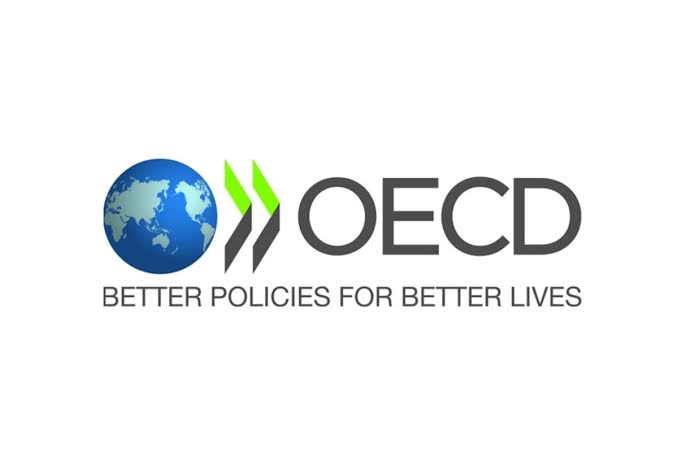#QuickBiteCompliance Day 196
🌍 The “Homework Club” for Countries (And How Criminals Try to Cheat)
Imagine if all your friends did group homework to make sure everyone gets an A+. The OECD is like that club—but for countries! It helps governments fix money rules, fight crime, and share tips. Inside this club, there’s a special team called the FATF (think: “crime-fighting detectives” 🕵️♂️). Together, they set rules to stop bad guys from hiding dirty money.
But criminals hate rules. Here’s how they cheat the system:
Example 1: The Fake “Good Student” Trick
A country ignores OECD/FATF advice (like checking who owns shell companies 💼). Criminals swoop in, register fake businesses there, and move stolen cash. “Look, we’re following local rules!” they lie—while breaking global ones.
Example 2: The “Copy-Paste” Money Laundry
The OECD shares anti-corruption templates. But if a country is slow to adopt them, criminals exploit the gaps. Example: bribing officials to approve phony “charities” that funnel illegal donations. 🎁
Example 3: The Border Hopping Game
OECD warns Country A about weak bank checks. Criminals rush to open accounts there, then send money to Country B (which trusts OECD members). The cash looks “clean” because it passed through a “trusted” zone. 🌐
How Do We Fix This?
Tools like #InclusiveRegtech help even small countries access smart compliance tech—like a cheat sheet for everyone. #OpenSourceAML lets global experts update “homework answers” in real time, so criminals can’t outsmart outdated rules.
📚 Learn terms like “FATF” here: [ACAMS Glossary](https://www.acams.org/en/resources/aml-glossary-of-terms).
Let’s make the “homework club” unbeatable—so crime gets an F. 🚫
#InclusiveRegtech #OpenSourceAML #100HariNulis #GlobalTeamwork #StopFinancialCrime
—
P.S. What’s your favorite “teamwork wins” story? Share below! 👇

